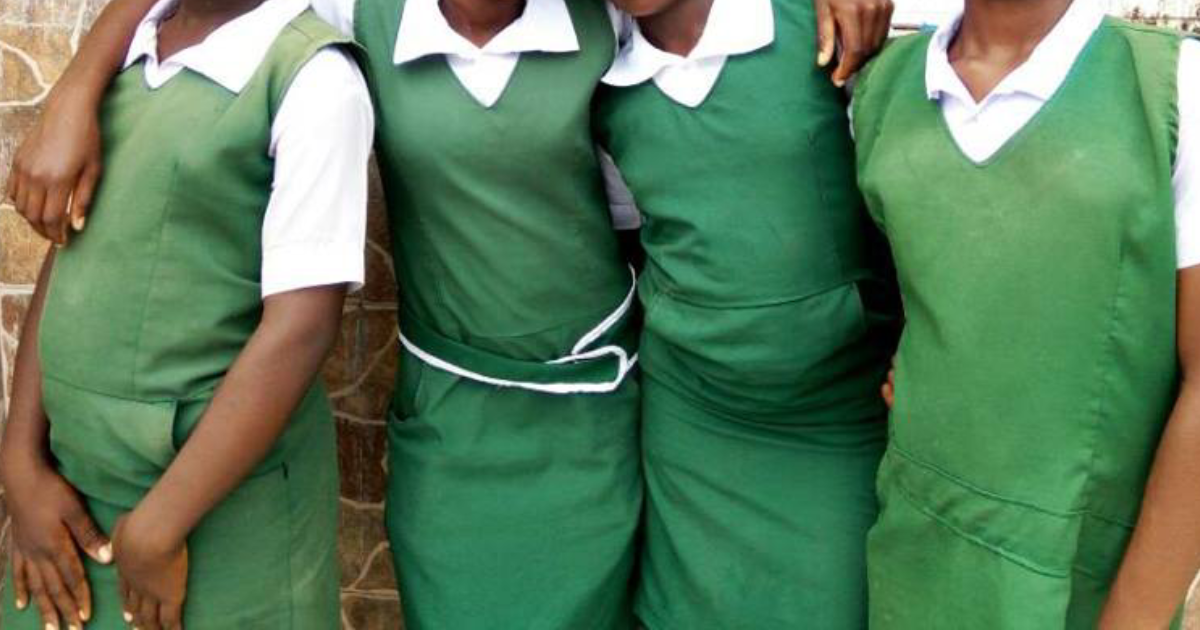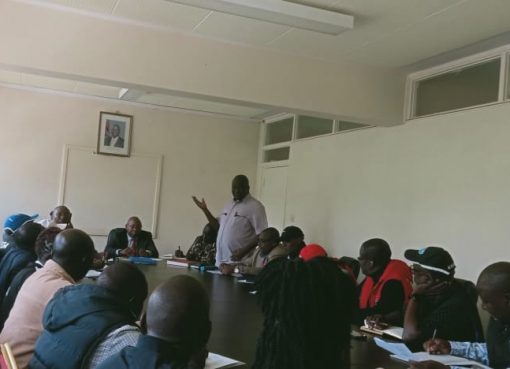Kenya, like many African nations, has made a promise to tackle education exclusion, offering access to all children by 2030, yet the piecemeal approach of the government to teenage pregnancy undermines its promises to educate children.
On 3 March 2020, through the National Council for Population and Development, the Government of Kenya launched a National Campaign against Teenage Pregnancies to end teen pregnancy. The campaign focuses on mobilizing communities through awareness and lobbying on the need to end teen pregnancies, citing its negativity on socio-economic advancement.
President Uhuru Kenyatta directed that in order to ensure that they receive ante-natal treatment, pregnant schoolgirls should be registered but have yet to talk about helping them say in school. This suggests that schools should be mandated with following-up with families to make sure the girls are protected and those families are encouraged to let them return to school.
It is up to all parents/guardians to ensure that pregnant girls and teenage mothers who are students return to school as schools reopen. The girls already have a state guarantee through a public directive that their right to education, no matter whether they are pregnant, is guaranteed. This suggests that schools should be mandated with following-up with families to make sure the girls are protected and that families are encouraged to let them return to school.
The United Nations now estimates that almost 11 million primary and secondary school students worldwide, including 5.2 million of whom are girls- are at a disadvantage of not returning to school following school closures due to COVID-19. Many teenage mothers are out of school because they are stopped from returning or because they don’t get the assistance they need to return.
Data from the Demographic and Health Surveys show that almost 2 out of 10 girls are reported to be pregnant or already have had a child between the ages of 15 and 19. For more than 20 years, this phenomenon has been fairly constant, with little variation in prevalence between 1993 and 2014.
The African Institute for Development Policy (AFIDEP) sought to validate and compare the number of teenagers presenting with pregnancy from the Kenya Health Information Management System (KHIS) in 2020 to 2019. Their data shows that the number of girls, aged 10-19 years, presenting with pregnancy in January-May in 2019 and 2020. From all the counties, the total numbers reported for the period January-May 2020 is 151,433 compared to 175,488 for the same period in 2019.
While the problem of education and teen pregnancies may have been exacerbated by the government’s closure of schools to curb the spread of coronavirus, it is not a new problem in Kenya. In 2019, around 100 girls in one county alone sat for their final exams while pregnant, while some gave birth during the exam period.
The fact is that in counties across the nation, teenage pregnancy is high, and has remained so for some time now despite the occasional uproar when statistics on adolescent pregnancy are published. This also calls for a redoubling of efforts to counter this threat that prevents our girls from maximizing their full potential.
Although the issue of education and teen pregnancies may have been aggravated by the closure of schools by the government to curb the spread of coronavirus, in Kenya it’s not a new problem.
In 2019, in one county alone, about 100 girls sat for their final examinations while pregnant, while some gave birth during the examination time. These accounts demonstrate the girls’ incredible commitment to remain in school, but by not addressing education and teenage pregnancy, they are emblematic of the Kenyan government’s shortcomings towards adolescents.
Speaking at the Education Bursary Fund Launch earlier this week Kiambu Deputy Governor Dr. Joyce Ngugi urged parents to take their children back to school and promised to work together with the parents to ensure that they all report back to school.
“My main concern is the Girl child. During the pandemic last year, we experienced a lot of teenage pregnancies. I urge all the caregivers and parents to encourage all young girls to go back to school. Let all of us as a society encourage them and not stigmatize them. For schools let us work with them so that they do not lag behind in their learning and all the others affected by the pandemic.”
A crucial element of any education program is preventing teenage pregnancies. Age-appropriate, comprehensive sex education will arm adolescents – supported by facts as opposed to stereotypes.
–
Teens with the tools they need to think critically about their own bodies, based on science as compared to assumptions, and can motivate children to speak up if they’re in harm’s way. They know how to differentiate those from unhealthy or oppressive ones as children understand what healthy relationships are.
There is an immediate need to resolve the underlying cause of teen pregnancies by actively funding and continuously implementing cost-effective initiatives in order to bring the tide and protect our young girls from teen pregnancies. There are various and layered cultural, religious, and socio-economic variables that contribute to this problem, and strategies to address these are well known. With transparency and openness, we need to confront the unpleasant facts and realities of the situation.
Some parents and guardians, religious leaders and other stakeholders appear to be in denial to address teen pregnancies and other sexual and reproductive health problems, despite the mounting evidence that young people are engaging in sex earlier than in the past. They should change gear and tackle it head-on while providing solutions but ensuring that the perpetrators of the pregnancies are brought to book.
Established initiatives such as effective sexuality education is often frequently opposed to the view that they will allow young people to participate in sex-related conversations. It is crucial that information plays a central role in evaluating strategies that can stop the issue from its root cause in order to solve this problem decisively.
By Lydia Shiloya and Velma Mukhwana





